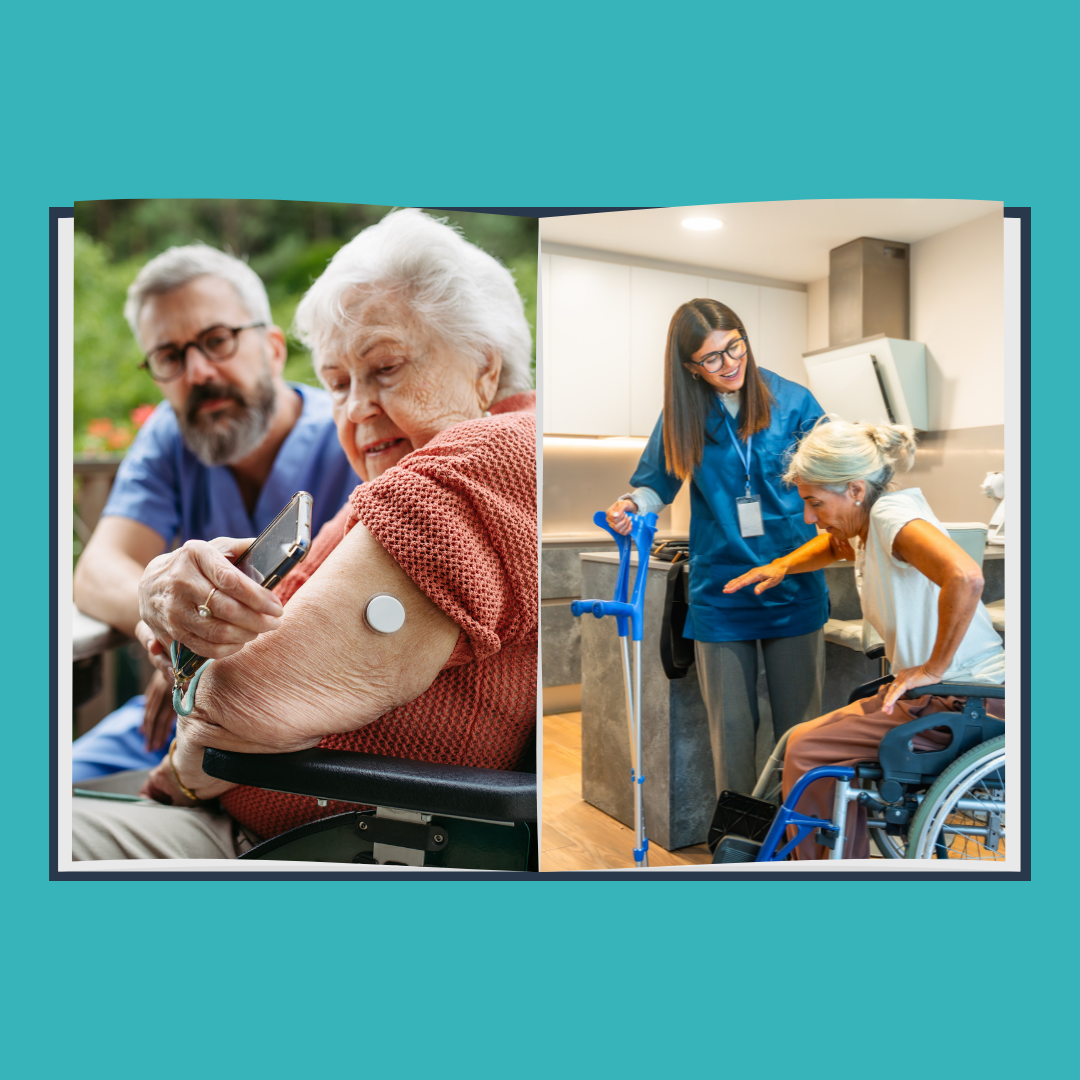New Paragraph
Navigating Recovery After Surgery: A Comprehensive Guide to Home Care
Undergoing surgery is a significant event that requires careful planning and consideration, not only for the procedure itself but also for the recovery process that follows. Post-surgery home care plays a vital role in facilitating a smooth and successful recovery, ensuring that patients receive the support and assistance they need to regain their health and independence. In this comprehensive guide, we'll explore everything you need to know about post-surgery home care, from preparing for recovery to managing pain and promoting healing in the comfort of your own home.
Preparing for Post-Surgery Home Care:
Before undergoing surgery, it's essential to make arrangements for post-surgery home care to ensure a seamless transition from the hospital to home. Here are some key steps to consider:
Consult with your healthcare provider: Discuss your post-surgery care needs with your surgeon or healthcare provider well in advance. They can provide guidance on what to expect during recovery and recommend appropriate home care services.
Arrange for assistance: Coordinate with family members, friends, or professional caregivers to ensure that you have the support you need after surgery. This may include help with activities of daily living, transportation to follow-up appointments, and emotional support.
Prepare your home: Make necessary modifications to your living space to accommodate your recovery needs. This may involve rearranging furniture, installing safety rails or grab bars, and ensuring that essential items are easily accessible.
Stock up on supplies: Before surgery, stock up on supplies such as medications, wound care dressings, and comfortable clothing to ensure that you have everything you need during the recovery period.
Create a recovery plan: Work with your healthcare team to develop a comprehensive recovery plan that outlines your post-surgery care needs, including medication schedules, dietary restrictions, and follow-up appointments.
Managing Pain and Discomfort:
Pain management is a crucial aspect of post-surgery home care, as discomfort is common after undergoing a surgical procedure. Here are some strategies for managing pain and promoting comfort at home:
Take pain medication as prescribed: Follow your healthcare provider's instructions for taking pain medication, and be sure to take it on time to maintain consistent pain relief.
Use cold therapy: Applying ice packs or cold compresses to the surgical site can help reduce swelling and alleviate pain. Be sure to follow guidelines for duration and frequency of cold therapy.
Practice relaxation techniques: Deep breathing exercises, meditation, and gentle stretching can help relax tense muscles and reduce stress, contributing to overall pain relief.
Elevate affected areas: Elevating the surgical site above the level of the heart can help reduce swelling and improve circulation, aiding in pain management and promoting healing.
Stay ahead of the pain: Don't wait until pain becomes severe to take pain medication. Stay ahead of the pain by taking medication as soon as you begin to feel discomfort, as it is generally more effective in preventing pain than in treating it once it has already started.
Promoting Healing and Recovery:
In addition to managing pain, promoting healing and recovery is essential for a successful post-surgery outcome. Here are some tips for promoting healing at home:
Follow your healthcare provider's instructions: Be sure to follow your surgeon's post-surgery care instructions carefully, including wound care, activity restrictions, and dietary guidelines.
Get plenty of rest: Adequate rest is essential for allowing your body to heal after surgery. Be sure to get plenty of sleep and avoid strenuous activities that could interfere with the healing process.
Eat a nutritious diet: Eating a balanced diet rich in vitamins, minerals, and protein is crucial for supporting healing and recovery. Be sure to follow any dietary restrictions provided by your healthcare provider.
Stay hydrated: Drinking plenty of fluids is important for maintaining hydration and supporting healing. Aim to drink at least eight glasses of water per day, unless otherwise directed by your healthcare provider.
Stay active within limits: While it's important to rest and avoid strenuous activities after surgery, gentle movement and light exercise can promote circulation and prevent complications such as blood clots. Be sure to follow your healthcare provider's recommendations for activity levels and restrictions.
The Role of Home Care Services:
Home care services play a vital role in supporting patients during the post-surgery recovery period. Here are some ways that home care services can help:
Assistance with activities of daily living: Home care providers can assist with tasks such as bathing, dressing, grooming, and meal preparation, allowing patients to focus on their recovery.
Medication management: Home care providers can help patients manage their medications by reminding them to take them on time, ensuring that they are taking the correct dosage, and monitoring for any side effects or interactions.
Wound care: Home care providers can assist with wound care, including dressing changes, wound cleaning, and monitoring for signs of infection, under the guidance of a healthcare professional.
Transportation to appointments: Home care providers can provide transportation to follow-up appointments, physical therapy sessions, and other medical appointments, ensuring that patients receive the care they need to support their recovery.
Emotional support: Home care providers can provide emotional support and companionship during the recovery period, helping patients feel more comfortable and at ease during this challenging time.
Post-surgery home care plays a crucial role in facilitating a smooth and successful recovery for patients undergoing surgical procedures. By preparing for recovery, managing pain and discomfort, promoting healing and recovery, and utilizing home care services, patients can enjoy a more comfortable and efficient recovery process in the comfort of their own homes. If you or a loved one are preparing for surgery, be sure to discuss your post-surgery care needs with your healthcare provider and explore the various home care options available to support your recovery journey. With the right support and assistance, you can navigate the post-surgery recovery period with confidence and peace of mind.









